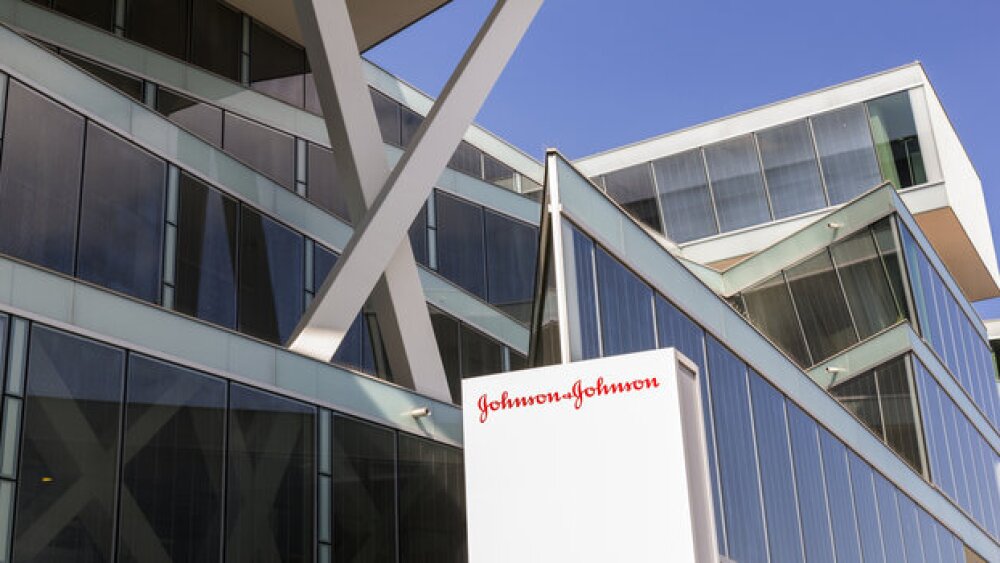With its primary patent expiring in India this week, MSF has urged Johnson & Johnson to drop all secondary protections and withdraw pending applications for the drug-resistant tuberculosis drug.
Pictured: Johnson & Johnson’s business center in Switzerland/iStock, yuelan
Doctors Without Borders on Tuesday asked Johnson & Johnson to publicly commit that it will drop any secondary patents for its drug-resistant tuberculosis drug Sirturo (bedaquiline) in countries with a high disease burden.
The international non-profit, also known as Médecins Sans Frontières (MSF), is urging J&J to withdraw any pending secondary patent applications and to refrain from launching legal action against manufacturers that might export generic versions of Sirturo to countries where secondary patent protections are still in place.
Sirturo has been a “revolution” in treating drug-resistant tuberculosis (DR-TB), leading to significantly better treatment outcomes and adherence while also requiring a lower pill burden and inducing fewer side effects, according to a statement from Zulfiya Dusmatova, a doctor with MSF who treats TB patients in Tajikistan.
“It is crucial that doctors and people with drug-resistant TB around the world can have access to the drug without delay,” Dusmatova said. “We’re calling on J&J to immediately announce it will abandon, withdraw and not enforce any secondary patents on bedaquiline, so that more lives can be saved right now.”
Sirturo’s primary patent in India expired this week allowing manufacturers to produce and market generic versions of the DR-TB drug and making it more affordable and accessible to patients, according to MSF’s news release. J&J had previously applied for secondary patents for Sirturo, but the application was rejected by the Indian Patent Office in 2023.
With the primary patent lapsing, local drugmakers will also be able to export these generics to other countries where secondary protections for Sirturo are not in play. However, 34 of the 43 countries suffering from a high burden of TB, DR-TB or TB-HIV also have secondary patents in force, making affordable generics out of reach.
Many of these countries are also low- or middle-income in status, and J&J’s exclusivity rights raise treatment costs and make Sirturo inaccessible for patients who urgently need it, according to MSF. These secondary patents also force governments to allot a bigger portion of their already-limited funds to control the TB situation in their countries.
According to MSF, countries can circumvent these patent barriers by issuing compulsory licenses, which can allow other manufacturers to produce the drug or open the country to imported generics, even if exclusivity is still in place. Governments have been given this right under the World Trade Organization’s TRIPS Agreement and Doha declaration.
First approved in December 2012, Sirturo works by blocking the production of cellular energy in Mycobacterium tuberculosis, the main pathogen responsible for TB. The drug has since become the “backbone of TB treatment regimens,” in line with WHO recommendations, according to MSF.
Tristan Manalac is an independent science writer based in metro Manila, Philippines. He can be reached at tristan@tristanmanalac.com or tristan.manalac@biospace.com.






